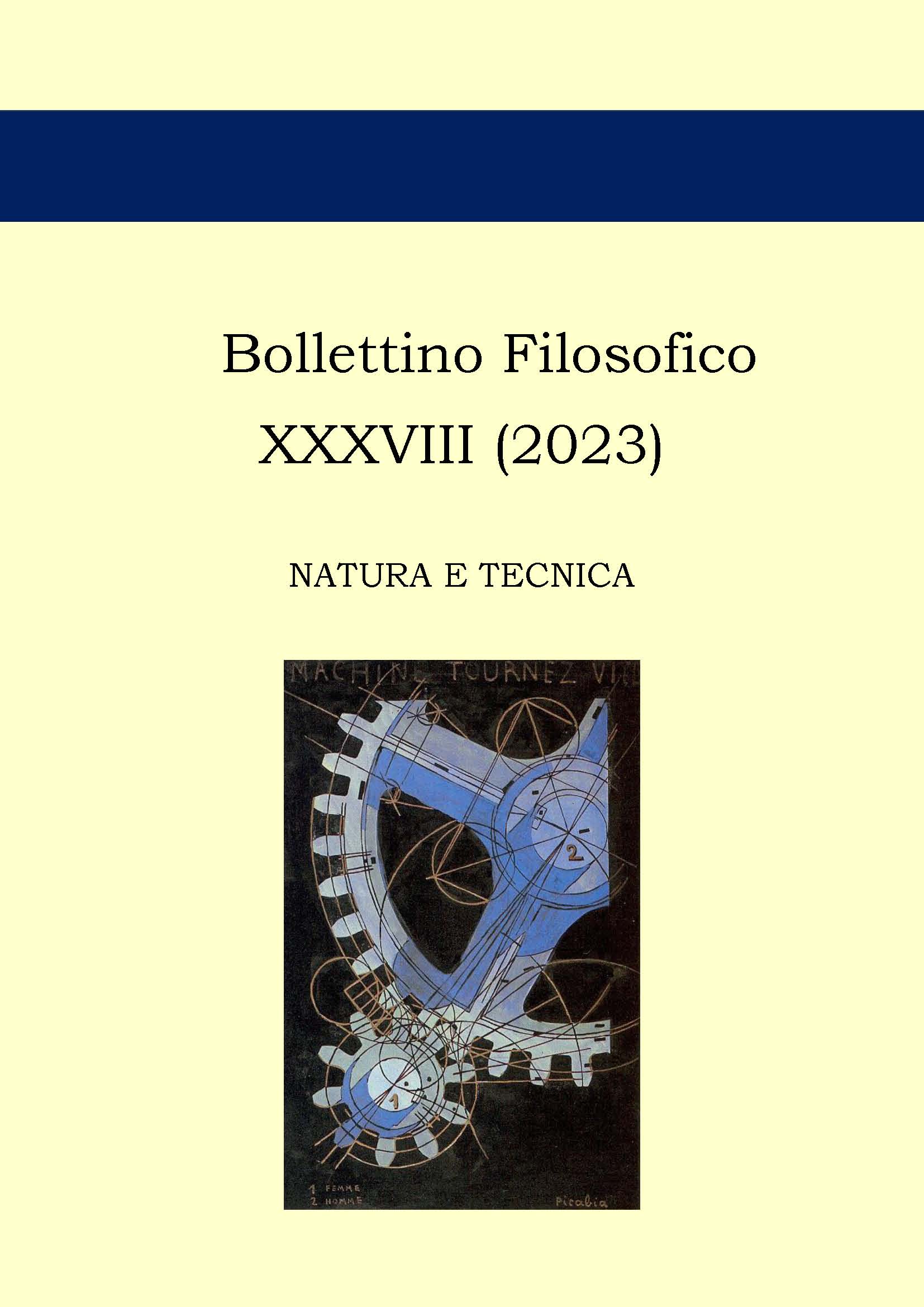Embodiment and Algorithmic Thinking: a Phenomenological Perspective on the Relationship between Life-World and Artificial Intelligence
DOI:
https://doi.org/10.6093/1593-7178/10386Abstract
The article critically examines the difference between Artificial Intelligence and human intelligence, specifically the distinction between simulation and embodiment, while analyzing the issue of human embodiment in its technically and digitally augmented dimension. The idea that digital processes do not simply imply a detachment from the body, dematerialization, or disembodiment is supported by many scholars, starting from those who, as early as the 1980s, reacted to cyberpunk narratives and their tendency to introduce a new mind-body dualism. However, the article aims to frame this thesis not so much within the discourse on the post-human but within a phenomenological perspective, employing specific conceptual tools. In particular, it considers: 1) the distinction proposed by Katherine Hayles between practices of embodiment and practices of inscription; 2) the notion of structural coupling by Maturana and Varela; 3) algorithmic thought and its temporal structure.
Keywords: Algorithms, Artificial Intelligence, Embodiment, Life-World, Phenomenology
Downloads
Downloads
Published
How to Cite
Issue
Section
License
The author retains the copyright of his work whilst granting anyone the possibility “to reproduce, distribute, publicly communicate, publicly exhibit, display, perform and recite the work”, provided that the author and the title of the journal are cited correctly. When submitting the text for publication the author is furthermore required to declare that the contents and the structure of the work are original and that it does not by any means compromise the rights of third parties nor the obligations connected to the safeguard of the moral and economic rights of other authors or other right holders, both for texts, images, photographs, tables, as well as for other parts which compose the contribution. The author furthermore declares that he/she is conscious of the sanctions prescribed by the penal code and by the Italian Criminal and Special Laws for false documents and the use false documents, and that therefore Bollettino Filosofico is not liable to responsibilities of any nature, civil, administrative or penal, and that the author agrees to indemnify and hold Bollettino Filosofico harmless from all requests and claims by third parties.

